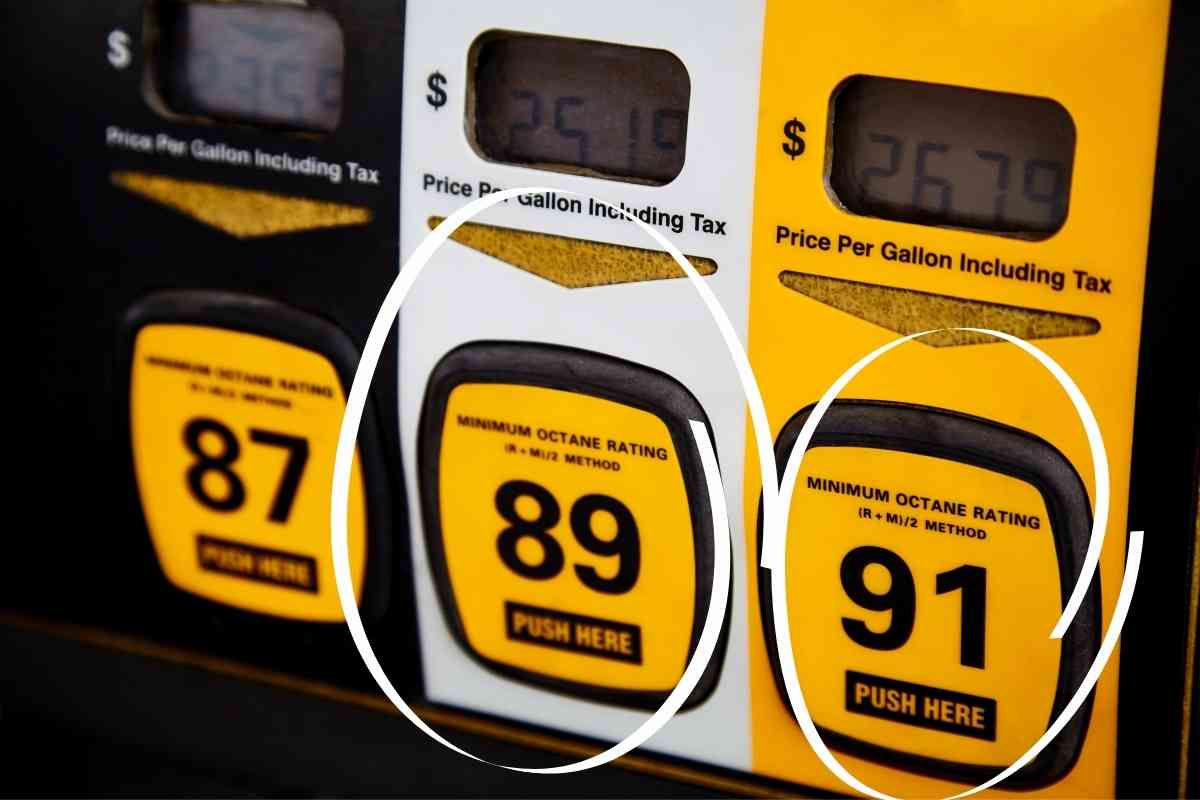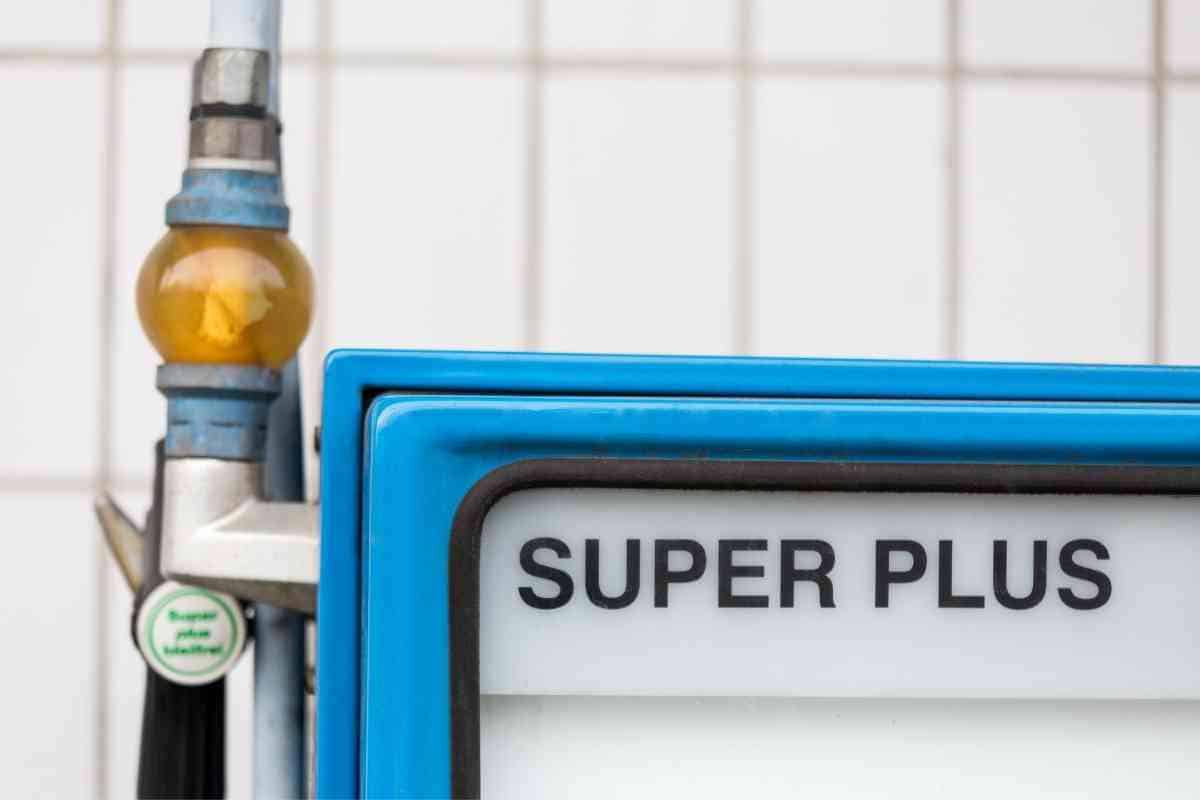Are Supreme and Premium Gas the Same?
When you make a pit stop at the gas station, you may be overwhelmed by the wide variety of choice of gas grades available. It is important to understand the appropriate fuel that your vehicle requires as recommended in the owner’s manual.

You may be wondering, are supreme and premium gas the same?
Are Supreme and Premium Gas the Same?
Supreme gas, which is also referred to as premium plus or super gas, is not the same as premium gas. Supreme gas has a higher level of octane than premium gas. Even though both are categorized as high-octane premium fuels, supreme offers more resistance to premature detonation than premium gas.
Both supreme and premium gas are ideal for high-performance vehicles.
Some heavy-duty vehicles will have the “supreme only” label while others will have the minimum number of octane indicated on the decals.
It is the capacity of the gasoline to withstand knock that is measured in octane.
There are two distinct sounds that can be heard when the air-fuel combination is out of balance, these are pinging and knocking.
Variations in compression ratio, vehicle mechanics, and driving conditions all influence engine octane requirements.
When you hear your engine making a knocking noise, it’s not working properly and could cause further damage to other components in your vehicle.
When the recommended fuel for your vehicle is supposed to be supreme gas, it is not wise to use premium gas.
This will not damage your engine, but your engine will not operate optimally.
What’s the difference between premium and supreme?
Premium gas is defined as high octane gas with an octane rating of 91 or higher. This is among the most common types of fuel available in the United States.
Premium gas with an octane rating of 93 or higher is often referred to as premium plus, ultra- or super-premium, or just supreme.
While premium gas is higher-octane than regular gas, supreme gas is dominant in this case. Supreme gas is also more expensive than premium gas.
In terms of performance and efficiency, supreme gas will offer better results than its premium counterpart.
Whether supreme is better than premium is debatable since they both give admirable results on high compression engines. Supreme (premium plus) contains the highest octane level.
Meaning it will withstand high pressure and temperature the longest in the cylinder.
Can you put supreme gas in a premium car?

Yes, you can. Choosing between supreme and premium gas at the gas station might be a confusing decision.
However, it is important to check out your owner’s manual for further guidance on the minimum octane rating for your vehicle.
If your engine is calibrated to use supreme gas, you can as well use premium gas, but not frequently. You will not get the optimal performance from your high-performance engine when you run on premium gas.
Supreme gas comes standard with ingredients that helps you get the most out of your engine.
Modern engines come standard with advanced sensors that will detect the number of octane in the gas.
These high-tech sensors will send the signal to the engine components to re-adjust and adapt to the new octane levels.
Prolonged use of the wrong octane level gas in your engine will damage the components.
What is the same as premium gas?
Sometimes people will consider premium plus to be the same as premium gas.
This is true in terms of performance since both have high octane ratings.
But super-premium (or Premium plus) has a slightly higher number of octane than premium gas.
While premium gas has an octane rating of 91, Premium plus fuels will have an octane rating of 93 and higher.
Since they are both meant for high-performance engines, you will hardly notice the difference between these two engines once they hit the road.
Frequently Asked Questions (FAQs)
Is Chevron Supreme the same as premium?
No. Chevron Supreme plus contains Techron while premium gas doesn’t. This additive makes chevron supreme superior to premium gas even though they are both high octane gas and will give similar efficiency and performance output.
Techron is responsible for cleaner intake systems and fewer deposits in the fuel system.
Techron is found in all Chevron branded gas and distinguishes it from other premium gas.
Extremely high-performance vehicles will utilize the Techron in Chevron supreme gas to ensure consistency and efficient combustion in the engine.
If you’re looking for a slightly higher-octane gas than standard unleaded fuel, then Chevron Supreme is a great choice.
It is recommended for spark-ignition engines that use unleaded fuel.
Why is it important to use the appropriate gas?
Your vehicle will not benefit from you filling up with premium fuel if the manufacturer does not recommend it.
For some cars, premium gas is an option. Premium gas is prescribed for high-performance engines to get the most out of the engines.
Using the correct gas in your engine will ensure that you get maximum efficiency and a stellar performance from your engine.
Higher octane premium gas will offer better efficiency than regular gas.
Even better, supreme or super premium gas will offer even better performance.
Using premium or supreme gas on your vehicle will be a waste of money if the manufacturer has not recommended it for your engine.
Since supreme gas is more expensive than premium and regular gas, it is important to be 100 percent certain before using it on your vehicle.
At what point should I use Supreme gas?
The most appropriate point of reference for the right type of fuel that you should use is the owner’s manual for your vehicle. There is a good reason the automaker recommends using supreme gas on your vehicle.
This gas has an octane rating of a high of 93 and above.
The high octane rating of the supreme gas will ensure that your engine always detonates at the right point.
This delay in detonation enhances the efficiency of your engine and translates to better performance of your engine.
This is the best gas type for heavy-duty and high-performance racing and supercars. The high-octane rating reduces the chances of knocking your engine.
Motorists driving vehicles running on supreme gas have also reported better handling and enjoyable ride quality with less noise from these vehicles.
Engines that require high compression, and turbocharged engines, will demand supreme gas.
There is no harm in using premium gas on these engines. But don’t make that a norm. Always use the recommended gas type.
What are the most common brands of Chevron gas?
Chevron is offered in three premium brands, namely Chevron, Texaco, and Caltex.
Therefore, you should consider which service station is the nearest to reduce the commuting distance.
Do I need to pay some extra bucks for Chevron gas?
Chevron is one of the many licensed retail brands that fall within the top-tier category. Other budget retail stores, like Costco, sell premium gas and will also stock both Chevron and supreme gas.
The additional anti-knock additives are what sets Chevron gas apart from the other premium fuels.
A higher octane rating means the gas is more resistant to knocking and pinging. This automatically translates to better performance and efficiency of the engine.
The high anti-knock index (AKI) of Chevron gas is what makes it more appealing to motorists.
Check your owner’s manual for the type of fuel that your vehicle needs.
Is Chevron supreme better than other premium gases?
Chevron supreme gas will perform better than other gases in terms of efficiency because of the additional Techron additive.
But this doesn’t make it a better fuel than the rest.
Chevron supreme will offer the same performance as any other fuel of octane rating 91.
To avoid fuel injector clogging, every gas contains detergents and no refinery has superior detergent than the other.
It is only that some are more efficient in cleaning the fuel system compared to others.
Which makes them seem better relative to the others.
